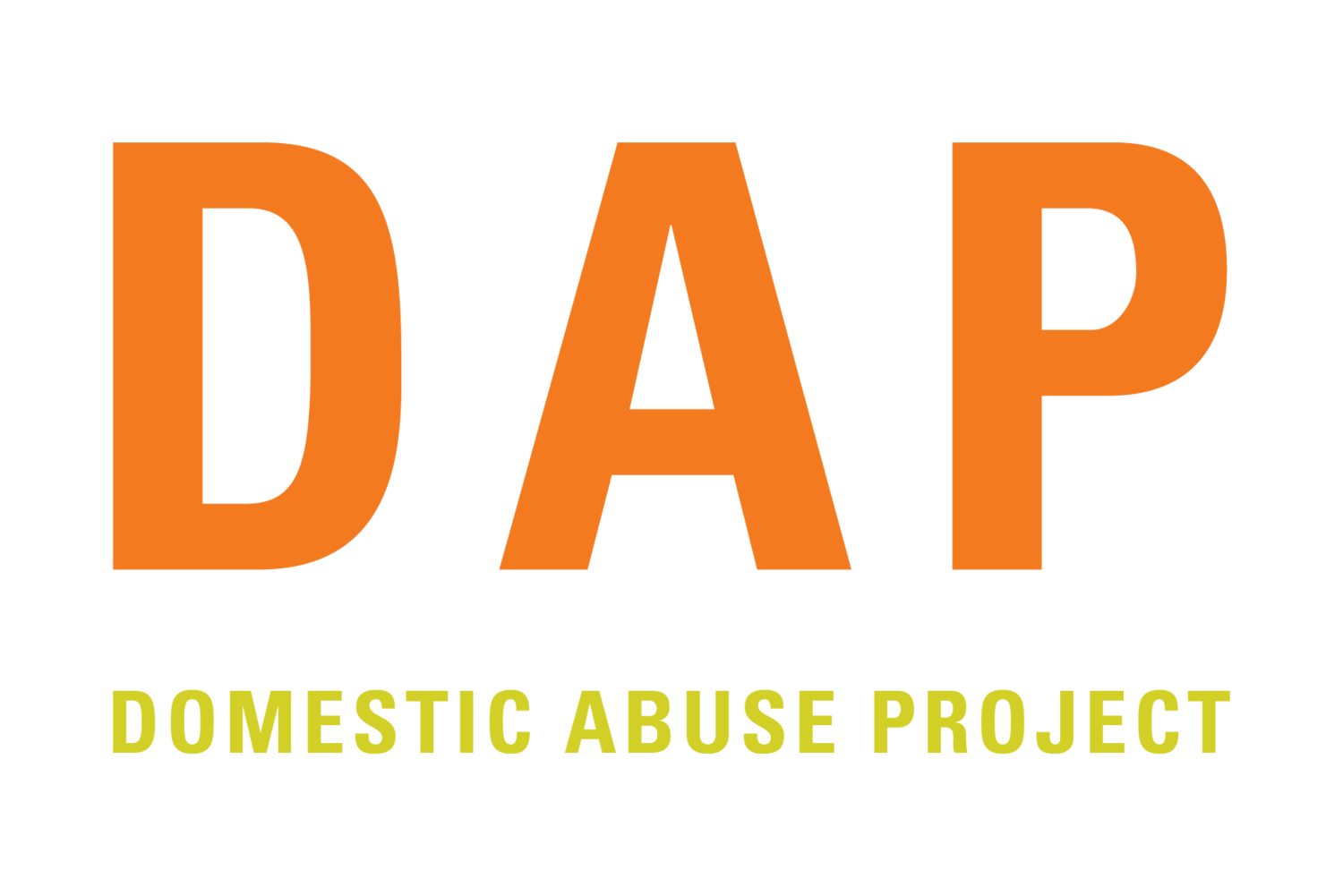24/7 Crisis Lines:
Call: 1-866-223-1111
Text: 612-399-9995
Email: safety@dayoneservices.org
Call: 1-866-385-2699
Text: 612-399-9977
Live chat on website
Love is Respect:
Call: 1-866-331-9474
Live chat on website
National Domestic Violence Hotline:
Call: 1-800-799-7233
Live chat on website
Emergency Abuse Shelters in the Twin Cities:
Cornerstone Safe Shelter: Cornerstone’s emergency shelter is a safe place for adults and their children escaping a dangerous or escalating situation at home.
While in the emergency shelter, all of your basic needs will be met and you will have access to all of Cornerstone’s programming. They may also be able to foster your pet at an undisclosed location to keep them safe too.
Call: 866-223-1111
Text: 612-399-9995
Email: safety@dayoneservices.org
Tubman: Tubman is one of Minnesota’s largest providers of domestic violence shelter services. Clients can participate in support groups for domestic violence, sexual exploitation, and other forms of trauma, and work with their team to develop personalized safety and goal plans. Clients are connected to resources at Tubman and in the community that best support their goals, including legal and mental and chemical health support. Clients who have immediate medical needs are connected to medical resources in the community.
Call: 612-825-0000
Resilience House- The Bridge for Youth: Open 24/7/365, Resilience House is an emergency shelter for youth ages 10-17 focused on family reunification whenever safe and possible. Youth have access to temporary shelter in a welcoming, safe environment, along with support, meals, access to healthcare, and case management. Resilience House is a safe and welcoming place for ALL youth, including youth who identify as BIPOC and LGBTQ+.
Text: 612-400-SAFE
Call: 612-377-8800
Sojourner Shelter: The shelter is a secure, temporary emergency residence for women and their children, unsafe in their own homes due to violence and abuse. The shelter provides programming and services designed to promote healing and assist residents with personal planning to achieve increased safety for themselves and their children. Support and life skills groups, children’s programming and transportation assistance enhance individualized case management services. Transition support is also available to assist residents as they re-enter the community.
Call: 952-933-7422
Metro Shelter Hotline: A hotline to connect you with additional shelter in the twin cities.
Call: 888-234-1329
Not a resident of the Twin Cities? Use this link to find emergency housing, shelters, and other resources near you.
Culturally Specific Assistance:
Spanish speaking advocates
Call: 651-772-1611
24/7 Assistance
Counseling
Shelter
Advocacy
Hmong, Cambodian, Vietnamese, Hindu & Japanese speaking advocates
Call: 612-724-8823
Private email on website
24/7 Assistance
Shelter
Advocacy
Minneapolis American Indian Center
Assistance for Native Communities
Call: 612-879-1700
Case Management
Support Groups
Advocacy
Brian Coyle
Arabic, Somali, and other East-African Language speaking advocates
Call: 612-338-5282
Advocacy
Case Management
Twin Cities Men’s Center
Support for male victim-survivors
Call: 612-822-5892
Counseling
Legal Referrals
Outfront
Support for LGBTQ+ Individuals
Call: 800-800-0350
Assistance with incidents of anti-LGBTQ+ bias/hate violence
Assistance with relationship abuse and sexual assault
Crisis Intervention Services
Counseling
Advocacy
Additional Support Resources:
Safe At Home: Safe at Home is designed to help people who fear for their safety maintain a confidential address. Many times participants are survivors of domestic violence, sexual assault, or stalking. When someone enrolls in Safe at Home, they are assigned a PO Box address that they can use as their legal address. In Minnesota, all public and private entities must accept a participant’s assigned address and a participant cannot be required to disclose their real address. This allows a Safe at Home participant to go about his or her daily life without leaving traces of where they can typically be located, such as their residential address, a school address, or an employment address. This safety measure is an attempt to keep their aggressor from locating them.
RECLAIM: RECLAIM's mission is to increase access to mental health care for queer and trans youth so they may reclaim their lives from oppression in all its forms. They serve youth ages 12-25 and their families by providing individual, couples, family, and group therapy. They specialize in assisting youth with gender identity and sexual orientation exploration, in addition to treating other mental health concerns impacting youth and young adults such as anxiety, depression, and pervasive trauma.
ZACAH Transitional Home: ZACAH is a 3-bedroom home in a quiet, safe neighborhood, located within walking distance from a commercial area with easy access to public transportation, affording their residents the ability to seek jobs, commute and regain independence. The home serves women who may be victims of domestic violence, are immigrants or homeless following eviction, or simply unable to financially maintain a home. ZACAH affords their participants the ability to live without any cost for at least 3 months, giving them the opportunity to resume the path of independent living.
Application on website
If Someone you Know is Experiencing Abuse:
Are you concerned that your neighbor, friend, or loved one might be experiencing domestic abuse?
Download this free resource:
